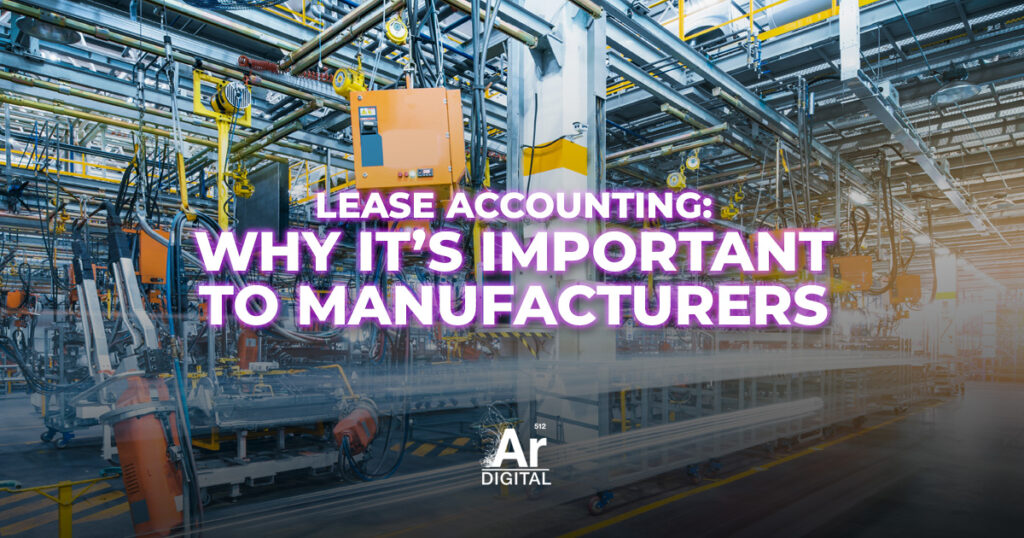The Benefit of Leasing Capital Goods
Leasing has become an increasingly popular way for customers to acquire expensive capital goods without incurring the large upfront costs of purchasing them outright. As a result, leasing has become a significant revenue stream for many manufacturing companies. However, with the implementation of new lease accounting (LA) standards, it is more important than ever for manufacturers to accurately account for their lease agreements. In this article, we will explore what LA is, why it’s important to manufacturers who allow customers to lease their products, and how LA software and lease management software can help.
What is Lease Accounting?
LA is the process of recording and reporting on leases in a company’s financial statements. In the past, LA was fairly straightforward. Companies could account for leases as either operating leases or capital leases. Operating leases were treated as rental expenses, while capital leases were treated as purchases of assets. However, new LA standards, such as ASC 842 and IFRS 16, have changed the way leases are accounted for.
Under the new LA standards, most leases are now recognized on the balance sheet as both an asset and a liability. This means that manufacturers who lease their products must now account for these leases in a more complex manner than they have in the past.
Why is Lease Accounting Important to Manufacturers Who Allow Customers to Lease Their Products?
LA is important to manufacturers who allow customers to lease their products for several reasons. First and foremost, accurate accounting of leases is essential for compliance with accounting standards. Failure to comply with these standards can result in significant financial penalties and damage to a company’s reputation.
In addition to compliance, accurate accounting of leases is important for financial planning and decision-making. Leasing agreements can have a significant impact on a company’s financial statements, and accurate accounting is necessary to understand the true financial impact of these agreements. For example, leases may affect a company’s debt-to-equity ratio, which can impact its ability to secure financing for future projects.
At the same time, manufacturers who lease their products must be able to track and manage their lease agreements. This includes tracking lease terms, managing renewals and terminations, and tracking payments and other financial data related to the lease. Accurate accounting is necessary to effectively manage these leases.
How Can LA Software and Lease Management Software Help?
LA software and lease management (LM) software can be incredibly helpful for manufacturers who lease their products. These software solutions can automate many of the manual processes associated with lease accounting and management, reducing the risk of errors and improving efficiency.
LA software can help with the complex calculations required to account for leases under the new accounting standards. This includes calculating the present value of lease payments and determining the appropriate lease classification (i.e., operating or finance lease). By automating these calculations, LA software can reduce the risk of errors and save time.
LM software can help with the day-to-day management of leases. This includes tracking lease terms, managing renewals and terminations, and tracking payments and other financial data related to the lease. By automating these processes, lease management software can help manufacturers stay on top of their lease agreements and reduce the risk of missing important deadlines or payments.
Understanding the Impact of LA Standards
Leasing has become an important revenue stream for many manufacturing companies. However, with the implementation of new LA standards, it is more important than ever for manufacturers to accurately account for their lease agreements. Failure to comply with these standards can result in significant financial penalties and damage to a company’s reputation.
LA software and LM software can help manufacturers automate many of the manual processes associated with lease accounting and management, reducing the risk of errors and improving efficiency. By investing in these software solutions, manufacturers can ensure they are accurately accounting for their lease agreements and effectively managing their leases.




